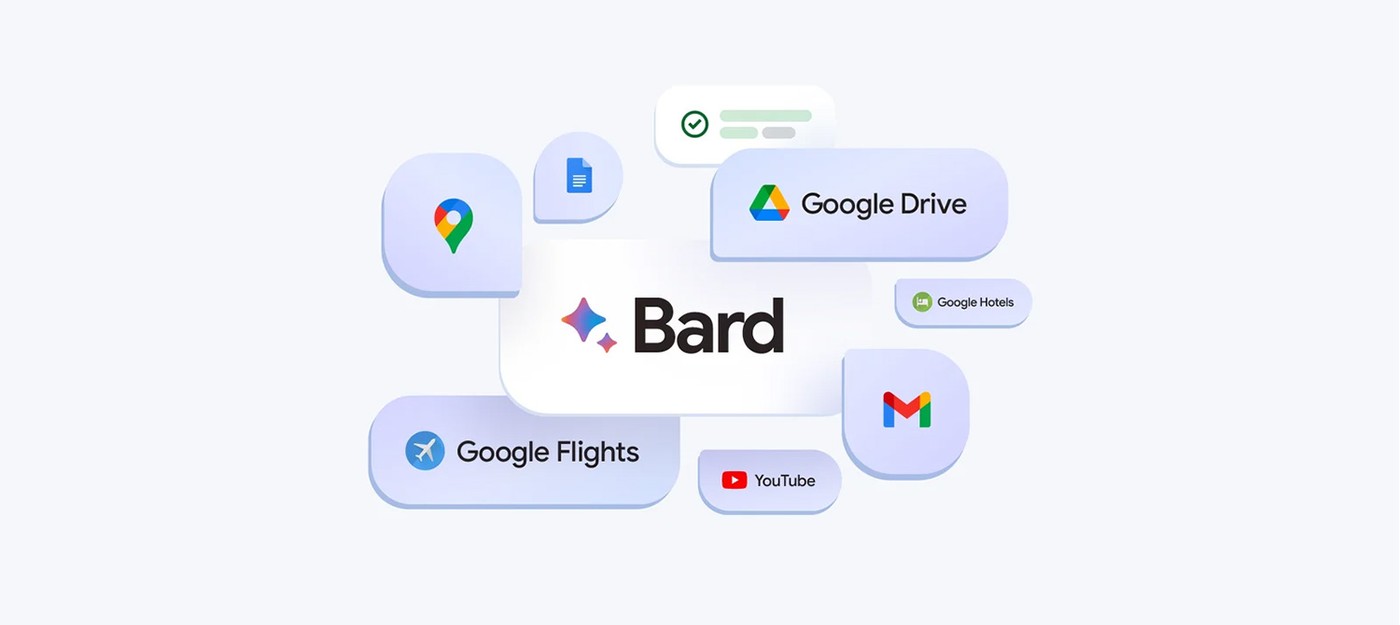Google's Bard AI taps into integrated apps for enhanced personalization

Google's evolution in the world of artificial intelligence takes another leap forward with its Bard AI. As the tech giant continues to dominate the digital landscape, Bard AI stands as a testament to Google's commitment to making digital interactions more personalized, relevant, and intuitive.
Integration with Google Applications
While tech behemoths like OpenAI and Salesforce have been integrating their chatbots into expansive machine learning platforms, Google hasn't been left behind. The company recently announced that Bard AI will now have the ability to harness real-time data from various Google applications. This includes popular platforms like Google Docs, Maps, Lens, Flights, Hotels, and YouTube. The integration doesn't stop there. Bard will also be able to tap into a user's personal data silo, ensuring chatbot responses are not just relevant but also tailored to individual users.
According to Jack Krawczyk, the product lead for Bard, this development comes six months after Bard's introduction to the public. The aim? To address user concerns and skepticism about the technology. With this update, Bard hopes to instill public trust through increased transparency and well-articulated AI reasoning.
Addressing Skepticism
Krawczyk acknowledges that the rapid proliferation of technology has made some users apprehensive. Many either fail to see its application in their daily lives or have concerns about its accuracy. However, the latest capabilities aim to mitigate these concerns.
We started off talking about Bard as a creative collaborator. Six months into the experiment, that hypothesis is truly validating.
The Bard's evolution represents a significant milestone in AI language models. It's not just about the AI providing answers with confidence but also about acknowledging when it might have erred. This self-awareness, according to Krawczyk, is crucial. Feedback from the early users of this experimental tool has been instrumental, guiding Google to create "more intuitive and imaginative" language models.
Enhanced Capabilities
With its enhanced capabilities, Bard can now tackle more intricate prompts. For instance, a student grappling with the challenges of a new college semester could ask Bard for advice on balancing extracurricular activities with academic commitments. Such queries demonstrate the depth and breadth of Bard's potential applications.
Further amplifying its utility, Google has followed in the footsteps of OpenAI and Salesforce. Bard can now access real-time functionalities of Google's suite of apps, enabling users to make natural language requests. Whether planning a romantic getaway or just seeking day-to-day information, Bard promises to deliver.
Privacy Concerns Addressed
User data privacy remains a significant concern in the digital age. Google is taking steps to ensure transparency and control for users. Features like the Double Check allow users to verify Bard's responses. The AI will independently review its answers and highlight inconsistencies. Supported statements will be highlighted in green, while contradictory ones will be marked in orange.
Moreover, with the introduction of Bard Extensions, users can grant the AI access to their personal Google data. This feature, while enhancing personalization, comes with robust privacy controls. Google assures that content from Gmail, Docs, and Drive will remain untouched by human reviewers and won't be used for advertising or training purposes. Users retain complete control, with options to opt-in or out and manage access to specific files.
As Google's Bard AI continues to evolve, it's evident that the tech giant is committed to enhancing user experience while addressing privacy concerns. With these advancements, Bard is poised to redefine how we interact with digital assistants, making them more than just tools but collaborative partners in our digital journey.